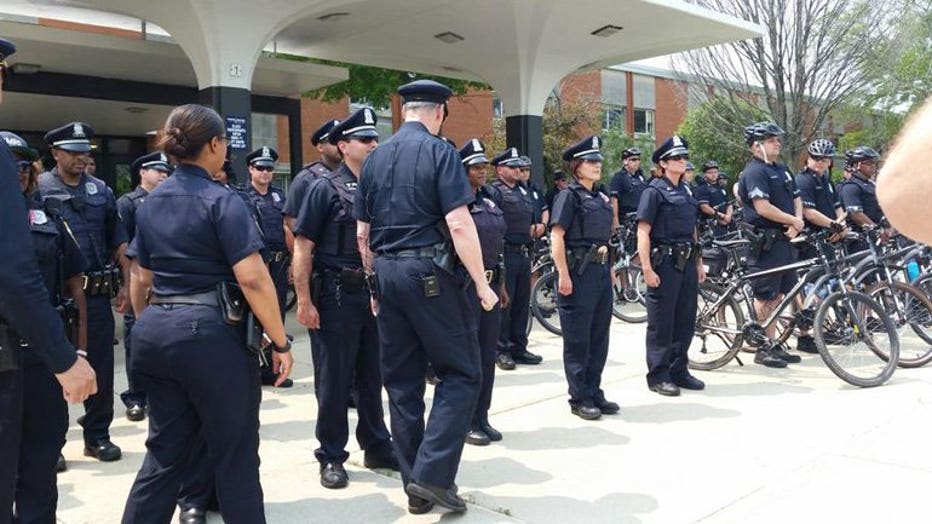Alderman propose raising taxes to hire 150 new MPD officers; how the plan could cost the city
MILWAUKEE -- Two Milwaukee aldermen are proposing a property tax increase to pay for 150 new Milwaukee police officers -- a move that could result in the loss of some funding from the state of Wisconsin. If you think of state aid as a tree, the "Expenditure Restraint Program" is a nearly $9 million branch. Under state law, that branch cannot be extended if city officials increase spending by too much, which is what could happen in Milwaukee under this proposal.
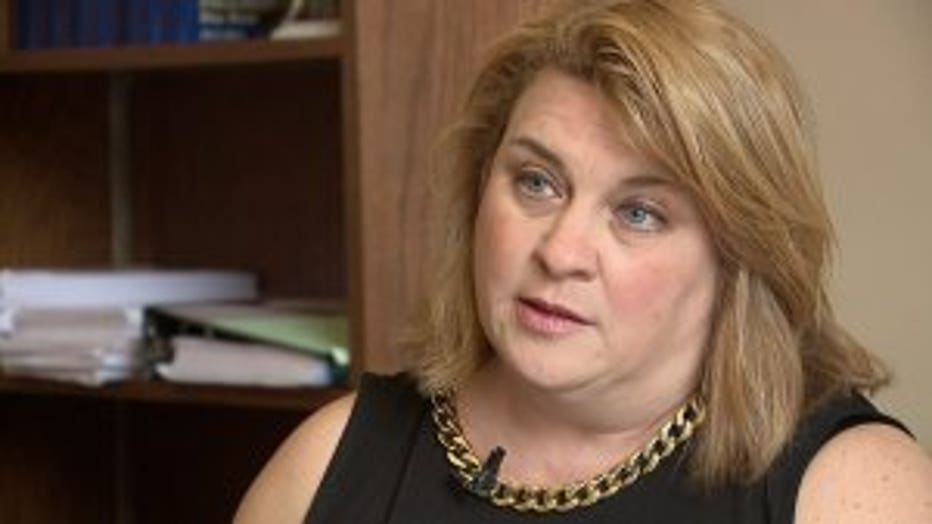
Rep. Janel Brandtjen
"Milwaukee`s a beautiful city on the lake. And right now, it`s out of control," State Rep. Janel Brandtjen (R-Menomonee Falls) said in June. Brandtjen threatened to push for state funding cuts if crime was not addressed in Milwaukee. A new proposal calls for 150 new police officers, and the money to pay for them would come from property taxes -- which would be increased by 47 cents per every $1,000 worth of assessed value -- generating more than $80 million over five years.
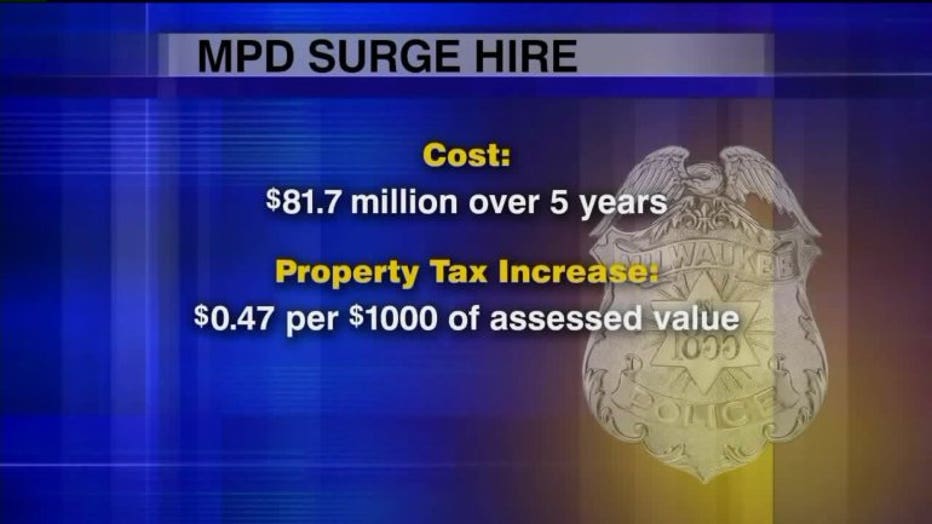
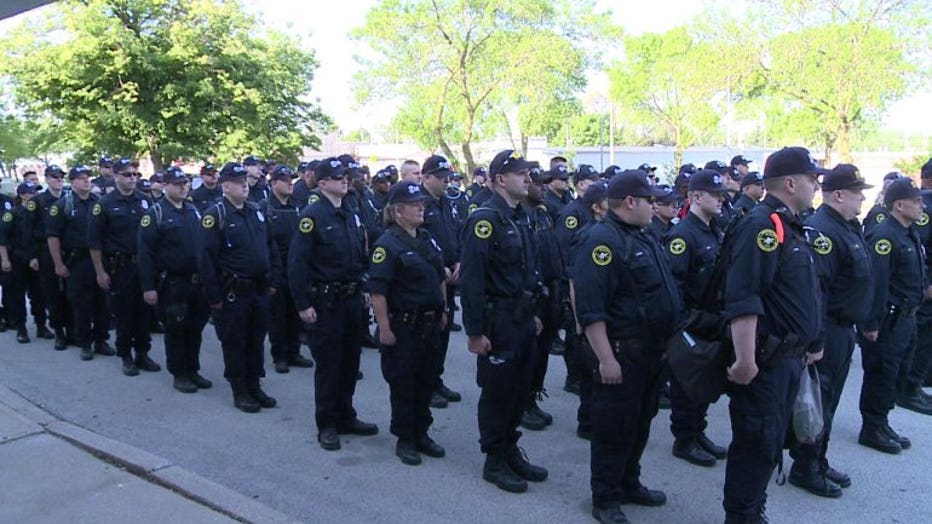
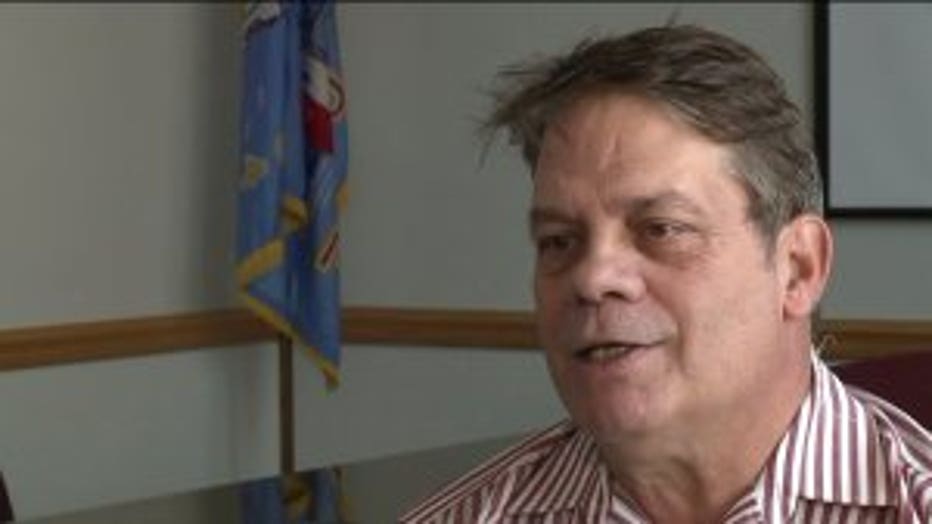
City Budget Director Mark Nicolini
City Budget Director Mark Nicolini said under the proposal, Milwaukee would lose some state funding -- its aid from the Expenditure Restraint Program. "In order to be eligible, communities need to limit their annual budget increases to pre-determined formula; it`s roughly 2% a year," Nicolini said. Nicolini said the increased spending would make Milwaukee ineligible for two years -- costing the city a total of $17.4 million. "The city`s budget would increase much more than that percentage and hence, as a result, we would project that in 2018, 2019, the city would lose its $8.7 million in each of those two years in state aid," Nicolini said. Nicolini says Mayor Tom Barrett is concerned with the idea of using increased tax revenue to cancel out lost state aid. "There is a concern there because the mayor and council, over the years, have always been steadfast in calling for protection of the shared revenue program and this would really fly in the face of that," Nicolini said. Brandtjen said before asking for an exemption from the state, Milwaukee should "re-evaluate its spending priorities" to see if the money can be raised through other means besides a tax increase. When asked is she would personally support a waiver that allowed Milwaukee to keep its ERP aid, Brandtjen said "it's hard to say without looking at the specifics" of the city's proposal.

Rep. Joe Sanfelippo
"I think we`re willing, as a state, to sit down and work with the city as much as possible to get more officers on the street," State Rep. Joe Sanfelippo (R - New Berlin) said. Sanfelippo owns a taxi business in Milwaukee. He said he is open to supporting an exemption for Milwaukee during those five years of "surge hiring," but only if city officials try harder to find money elsewhere first. "After you`ve exhausted every other way to find the revenue, whether it`s through efficiencies or other measures, then you go back to the taxes as a last resort," Sanfelippo said. Declining State Aid Nicolini said Milwaukee already has a tight budget because it receives less state funding that it once did. Citing the state's Legislative Fiscal Bureau, the city's budget office said Milwaukee's annual shared revenue payment decreased from $249.92 million in 2003 to $227.71 million in 2015. Nicolini said that decrease is equivalent to about $95 million when adjusted for inflation. He added Milwaukee is more dependent on state sharing because its property value per capita is $42,000. That value is $92,000 in Madison, $108,000 in Wauwatosa, and $119,000 in Menomonee Falls. Sanfelippo said in response cities and villages all over the state suffer from decreased shared revenue payments, including cities like Racine and Superior, which are also more dependent on shared revenue. He said the main reason for the state shifting funding was to cover rising Medicaid costs. Looking ahead In order for this proposal to pass, it must first clear the Milwaukee Common Council. Then, city voters would have the final say in a November referendum.
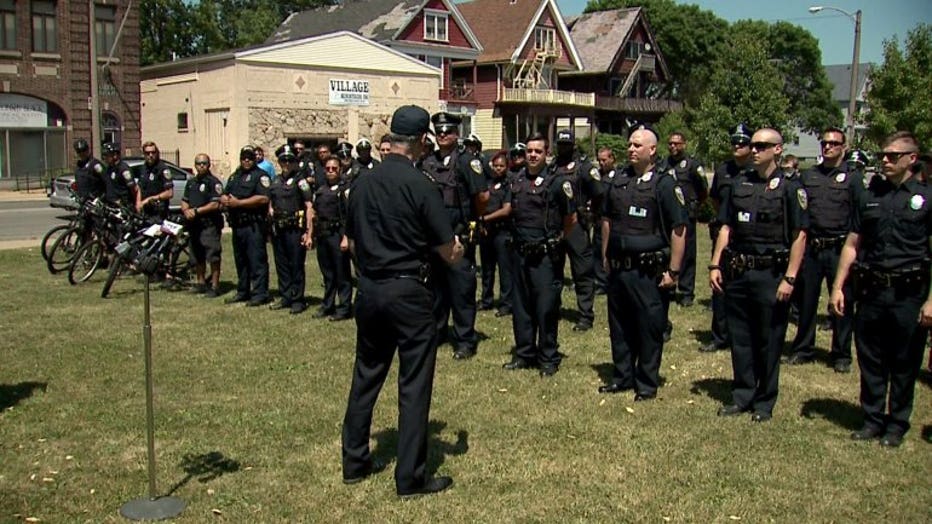
A spokesman for State Sen. Van Wanggaard (R - Racine) said Wanggaard is also open to possibly getting an ERP exemption for 2018 and 2019 but would need to take a closer look at the city's proposal.
